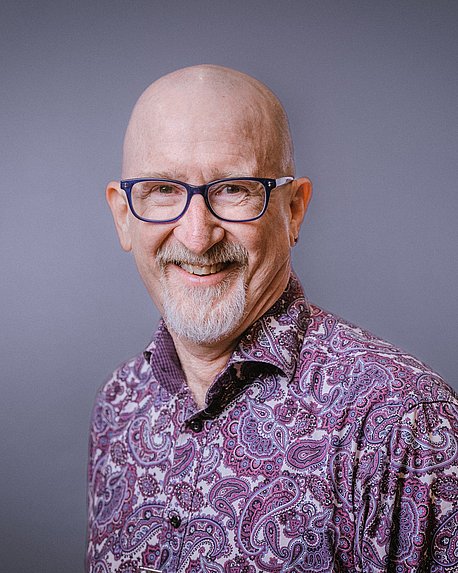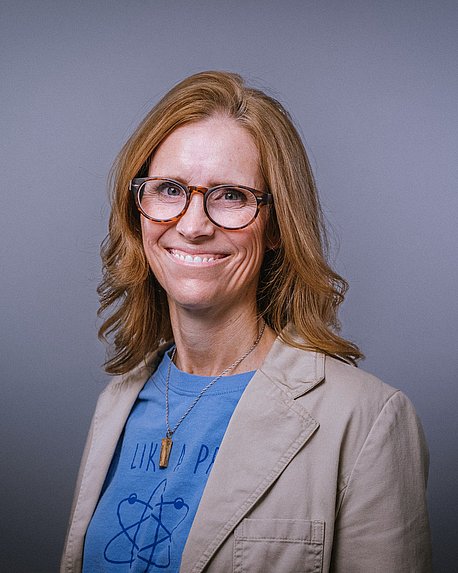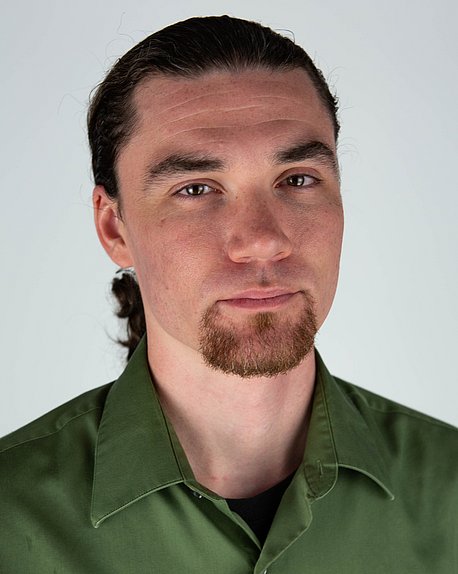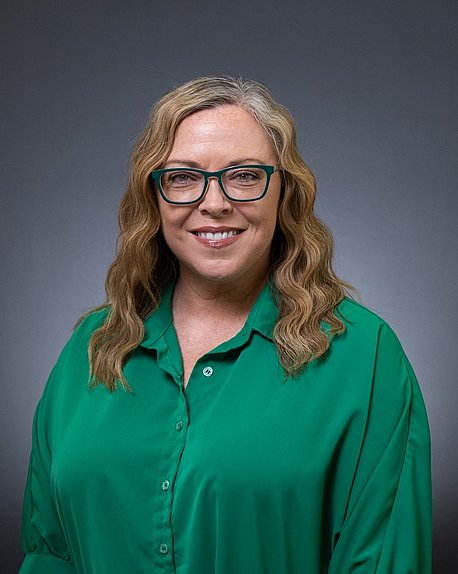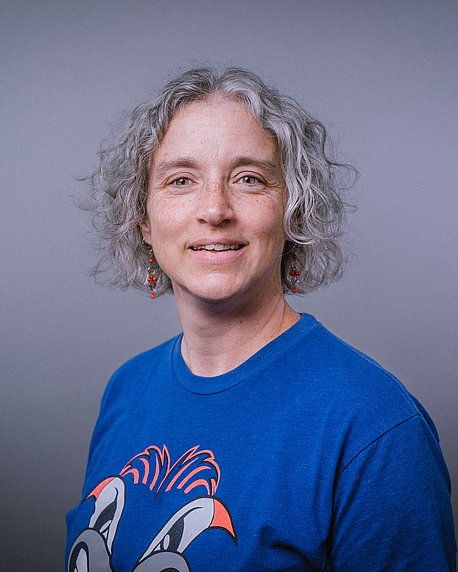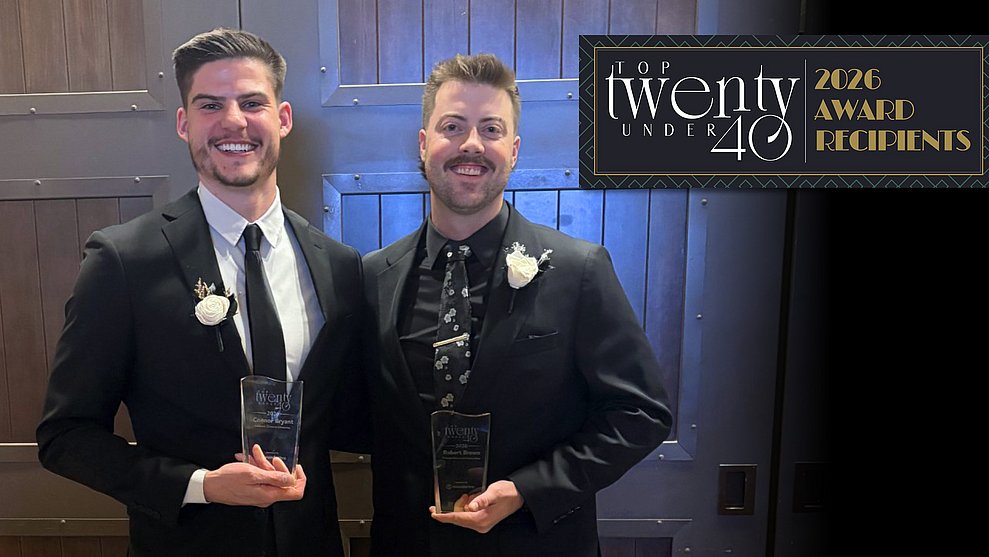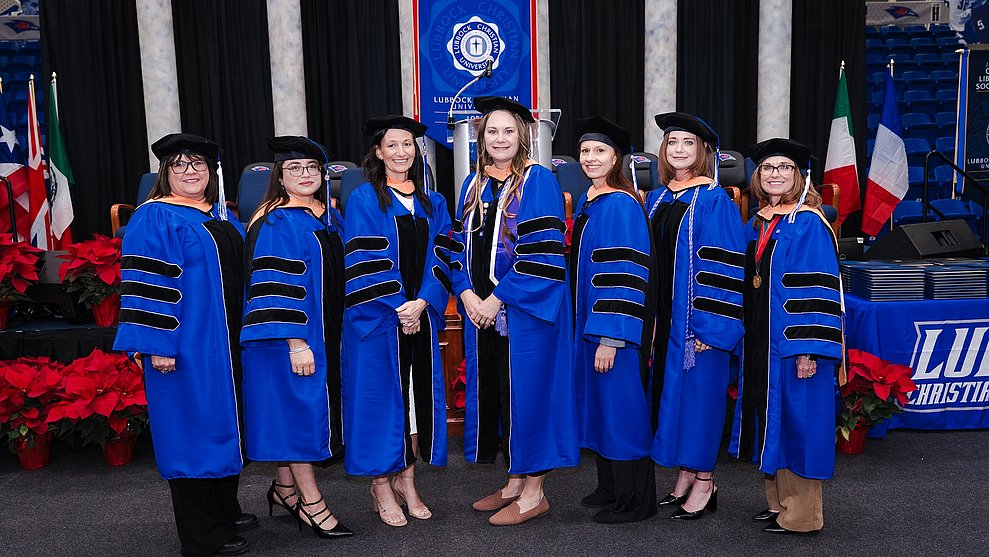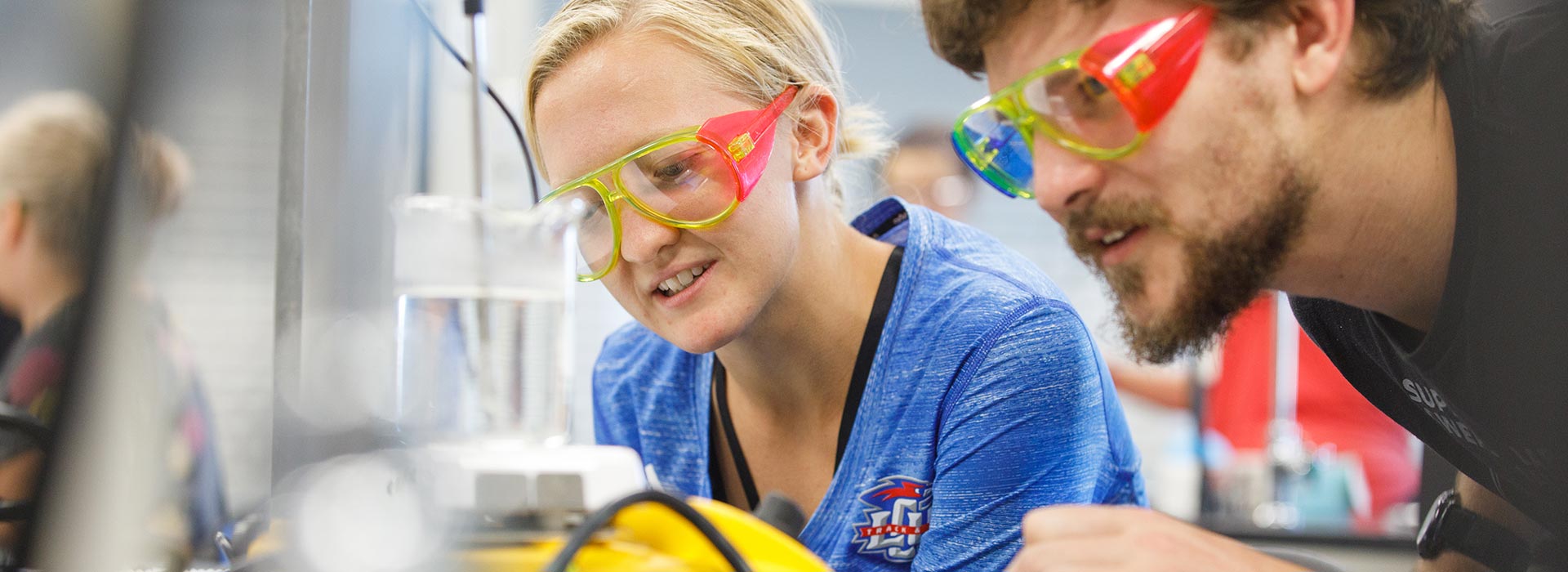
Research, teaching, and professional laboratory experiences—all of these are yours in the Chemistry and Biochemistry program at Lubbock Christian University.
Undergraduate research at Lubbock Christian University is a growing opportunity. How do we grow a better tasting peanut? Help us find out! Gain hands-on experience in wet chemistry. Put these skills to work in grad school, medical school, pharmacy school—the choice is yours.
Teaching is learning. Become a laboratory assistant or do laboratory prep and put your classroom skills to work. Help your fellow man as a peer tutor through our Center for Student Success. Join our ChemDemo team and take the lab experience into area schools.
Does the prospect of working in a commercial lab excite you? Gain great experience in a number of wet and instrumental analytical techniques and get both college credit and a paycheck. Join some of our former students who have earned positions with the Department of Public Safety, with other commercial labs, and with city and state agencies, or put those skills to work at a graduate level in environmental science, biochemistry, and chemistry.
Chemistry at LCU is not just a classroom experience, it's real world.
Highlights of coursework
- General Chemistry I and II
- Organic Chemistry I and II
- Analytical Chemistry I and II
- Physical Chemistry I and II
- Biochemistry I and II
- Advanced Instrumentation and Lab Methods
- Lab Management and Demonstrations
- Undergraduate Research Course
- Senior Seminar Course
Unique learning opportunities
- Undergraduate research jobs
- Laboratory Assistant jobs
- Chem Demo team
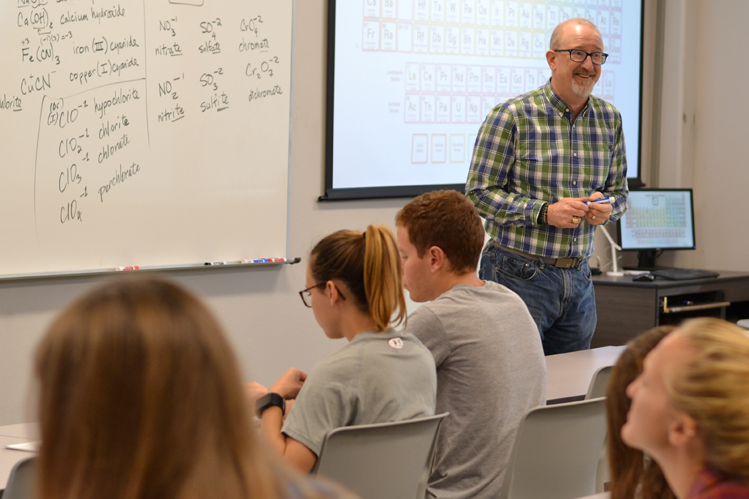
The question the chemist seeks to answer is, “How is this observed phenomenon explained on the molecular level by the interaction of the atoms involved?” The chemist’s point of view is the scientist’s point of view—that observations can be explained if studied in the right way and that phenomena can be better understood and utilized if a correct explanation can be found. We design and carry out an experiment in a lab to figure out that molecular explanation that we cannot yet see. A biologist may try to solve the problem from a macroscopic level, looking at whole organisms, tissues and cells. But a chemist always gets down to a smaller level, looking for a molecular explanation, by looking at the actual atoms colliding. We can then make a statement of what the next step should be, such as an improvement in the explanation of the observed phenomena. This could lead to new techniques to eliminate bacteria from public food supply, a new enzyme that can breakdown biowaste into a renewable fuel source—the possibilities are endless. At LCU you will have a chance to find these explanations and run these experiments yourself. Your professors focus on teaching techniques that help you learn the chemistry and research techniques that let you ask and answer important questions.

